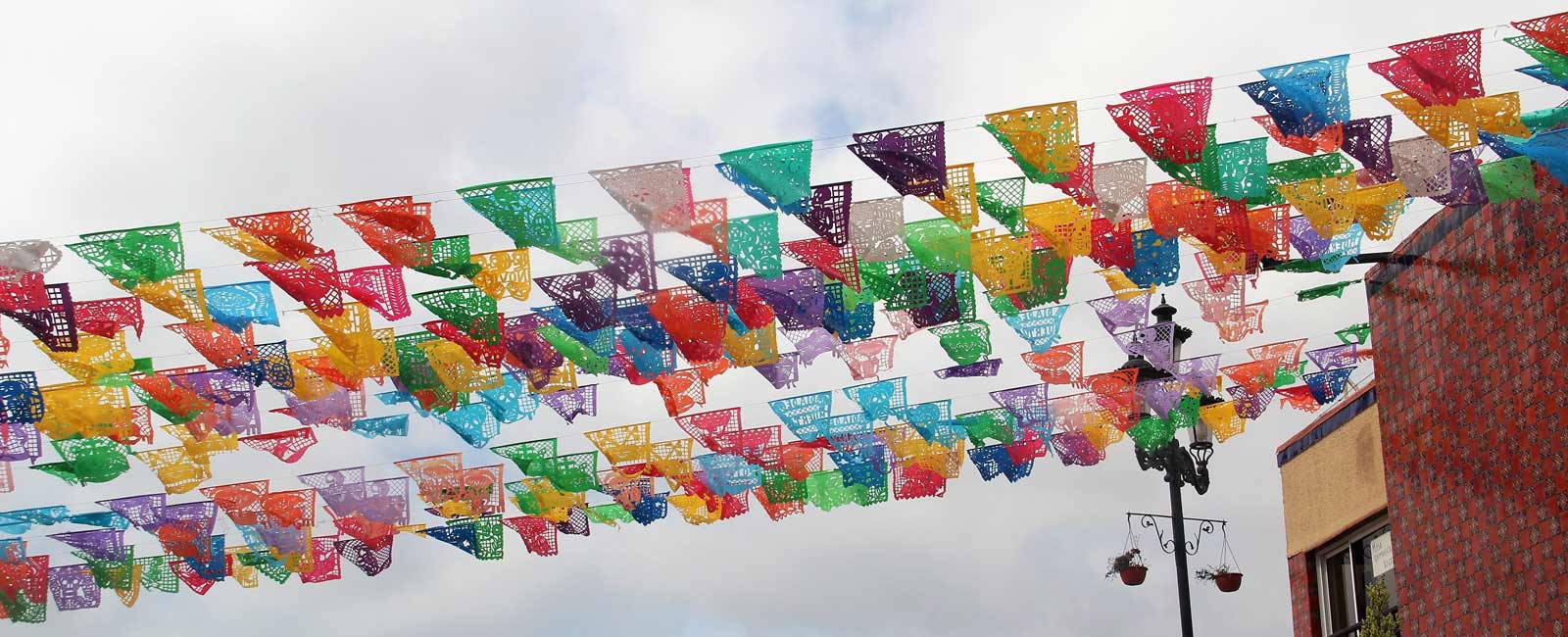Tuesday, May 15, 2012
Tuesday Travel Tip: Bargaining 101
Souvenir shopping goes hand-in-hand with travel, but when your adventuring through South America, Asia or Africa this process becomes a little more complicated than swiping your credit card. Haggling, even over small items, is not only expected, but also plays a big part in the cultures and everyday life of most of the world’s countries. Unless you plan on systematically paying an exorbitant “tourist” price for everything you buy, it’s necessary to participate in the bargaining game. Being skilled at bartering is an essential trick of seasoned travelers, but with a little practice even the greenest traveler can pick it up.
So, how does one learn to be a good haggler? Unfortunately, as John Navata explains in his article “Bargain when in Foreign Countries,” “most North Americans are terrible at bargaining.” But don’t get too down on yourself, “bargaining simply does not play much of a role in our everyday transactions.” Even more so, bargaining can be counterintuitive to our culture. To walk into a department store in America and try to haggle over the price of a T-shirt would be gauche to say the least. But keep in mind, you’re not in America anymore and in most countries the price is always negotiable.
 |
| Bagan, Myanmar (Burma) |
To help you get comfortable with bargaining before you burn a hole in your pocket, I’ve outlined a few easy mantras follow, so you won’t arrive at the market completely unprepared:
Never settle for the first price. Remember you are expected to bargain. This means the first price offered is often two to three times higher than what the merchant is actually expecting to get. Think of the first offer is an invitation for you to make a counter offer. You are a tourist and you definitely stand out. The very fact that you have the leisure to travel means you have money to spend. Merchants target tourists and will often list exorbitant prices with the hope that you will be naïve enough to pay it. Don’t fall into this trap: make a much lower counter-offer and see if you can both can compromise on something in between.
Decide how much you are willing to pay. Value, especially in bargaining, is in the eye of the beholder. How much you want something will affect your ability to haggle. Decide how much you would be willing to pay for the item, make that your maximum price and stick with it. Keep in mind, the merchant’s first offer is much higher than the price they are trying to get, so make your first offer much lower than the maximum you are willing to pay.
Don’t be afraid to walk away. Disinterest is key. If the merchant is sticking to a high price then walk away. Being disinterested in the items for sale gives the buyer the advantage. If the seller is interested in making the sale, then the act of leaving will force them to drop their price. Of course this doesn’t always work and you may end up walking out empty handed. Ultimately it’s up to you to decide just how much you want that item and if you are willing to pay their price.
Make an effort to use the local language. There’s a local price and a tourist price. No matter how hard you bargain, you’ll never be paying the local price. The goal is to get a close to the local price as possible. One of the best ways to do this is to speak in the native language. People respect when you make an effort to learn their language and participate in their culture. Even trying to bargain in the native tongue can drop the price significantly.
Have fun. More than anything, remember to enjoy yourself. You’re traveling in a foreign country and have the opportunity to participate in a different culture, so appreciate it; these chances don’t come often. If you approach the process with a positive mindset your likely to get way more out of the experience. If this is your first time haggling, you are guaranteed to get ripped off at least once. Don’t let this intimidate you, instead learn from your mistakes, keep a smile on your face and enjoy the game. You’ll meet some interesting people and certainly learn a lot.
Having to bargain over even the smallest items can be shocking and intimidating at first. But if you’re willing to embrace the learning curve and put in a little practice, bargaining can be enjoyable and educational; and it will certainly save money.
Student Travel Tips,Teacher Travel Tips
